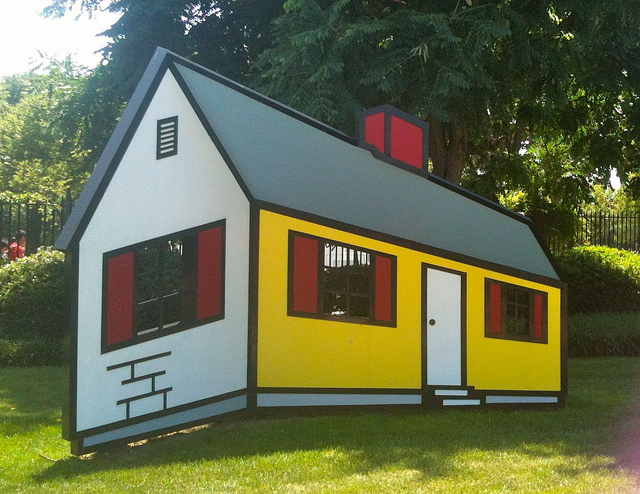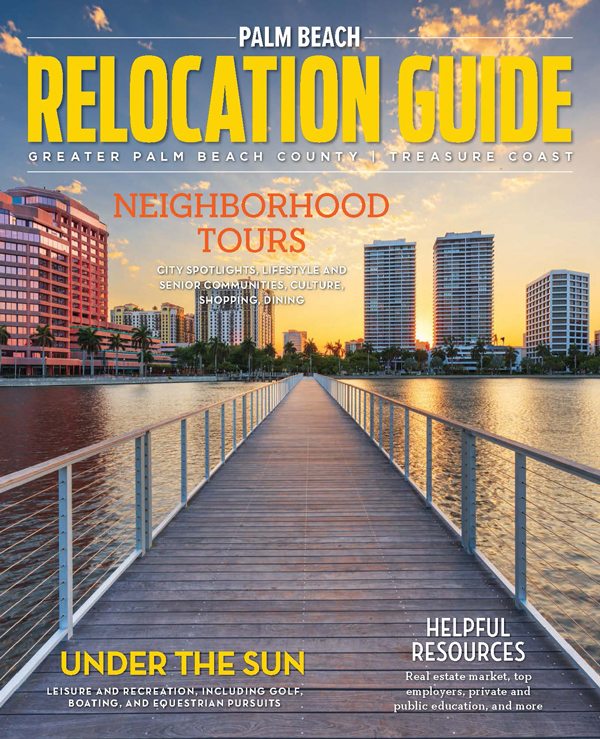The Department of Housing and Urban Development estimates that private senior care housing can range in cost from $20,000 to $200,000 per year, depending on the services and degree of care offered by a facility. Many senior care housing communities employ medically trained staff, and provide housekeeping and meal preparation services, as well as transportation for shopping, medical visits, and social outings. HUD also notes that as Baby Boomers approach their own retirement years, the trend toward creating active retirement communities where residents are involved and physically active will continue, and seniors are encouraged to live as independently as they are capable of handling.
“The time to begin thinking about a retirement community isn’t when you have to have it,” advises Terry Martinez with Parmer Woods Retirement & Assisted Living. “The time to think about it is when you don’t need it. There are not enough retirement communities to keep up with the demand, and you want to be sure that you know your options and what’s available beforehand.”
Martinez says that more than 60 percent of her facility’s residents have moved when their adult children also decided to relocate. Martinez credits the Internet as a source for families to learn more about retirement communities, check on specific programs and associated costs.
“When you’re trying to stay within a particular price range, you want to match your living requirements with services offered,” she says. “If someone’s parents are very independent and don’t need assistance – they just want a meal plan, for example – then the associated costs are much less than for someone’s parents who require more care.”
“Remember”, says Martinez, “Medicare generally does not pay for long-term care, only for services deemed medically necessary that are provided by a skilled facility or home health care that meets certain conditions. Medicaid will pay for certain health services and nursing home care for older people with low incomes and limited assets. Optimally, the selected community should have someone on staff familiar with the requirements and criteria of both programs.”
Types of Senior Housing Options to Consider:
Active Senior Housing Communities











Facebook Comments